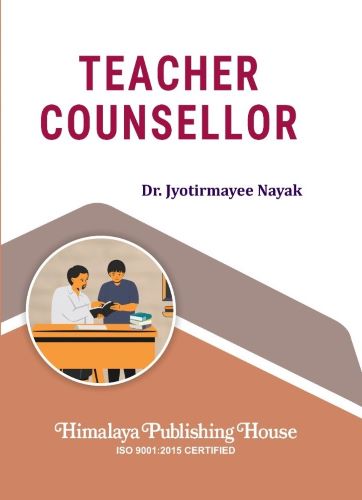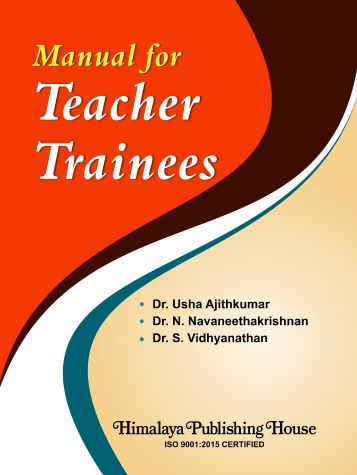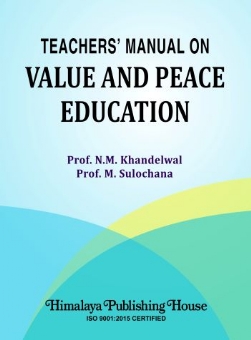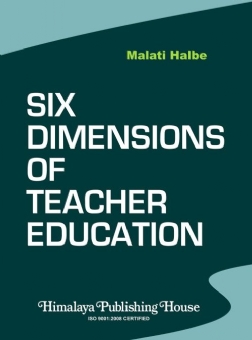In the modern Educational landscapes, the role of Educators is increasingly becoming multifaceted. The counselling skill is becoming and important integral part of every educator. The “Teacher Counsellor” concept reflects a holistic approach to teaching, where the educator not only imparts knowledge but also supports the emotional and psychological well-being of students as they come from varied backgrounds with distinct learning styles, needs, interests, abilities, socio-economic backgrounds, languages, etc.
The book titled “Teacher Counsellor” contains the foregoing expanded role of teaching and counselling of an Educator. Its structure, comprising of eleven well-defined chapters, serves as a guide for educators discharging the role and responsibilities of teacher counsellors alike, equipping them with the necessary knowledge and skills to navigate the complexities of modern education.
Contents –
1. BASICS OF GUIDANCE
1.1 Concept of Guidance, Principles of Guidance
1.2 Scope of Guidance, Need for Guidance
1.3 Functions of Guidance
2. GUIDANCE SERVICES AND AGENCIES
2.1 Guidance Services
2.2 Agencies of Guidance
3. TYPES OF GUIDANCE
3.1 Educational Guidance
3.2 Vocational Guidance
3.3 Personal Guidance
4. STRATEGIES OF GUIDANCE
4.1 Individual Guidance
4.2 Group Guidance
5. CAREER GUIDANCE
5.1 Meaning of Career Guidance
5.2 The Nature of Career Guidance
5.3 Importance of Career Guidance
5.4 The Career Components
5.5 The Career Information
6. TOOLS AND TECHNIQUES USED IN GUIDANCE AND COUNSELLING
6.1 Testing Devices
(i) The Intelligence Test
(ii) Aptitude Test
(iii) Interest Test
(iv) Personality Test
6.2 Non-Testing Devices
(i) Interview
(ii) Observation
(iii) Checklists
(iv) Case Study
(v) Rating Scales
7. CAREER DEVELOPMENT AND JOB SATISFACTION
7.1 Theories of Career Development and Career Choice
(i) Social Cognitive Career Theory (SCCT)
(ii) Holland’s Theory of Career Development
(iii) Super’s Career Development Theory
(iv) Ginzberg’s Theory of Vocational Choice
7.2 Job Satisfaction
8. CONCEPT AND APPROACHES OF COUNSELLING
8.1 Concept and Process of Counselling
8.2 Approaches to Counselling
8.3 Theories of Counselling
9. PRACTICAL CONSIDERATIONS IN COUNSELLING PROCESS
9.1 Individual and Group Counselling
9.2 Techniques and Skills of Counselling
9.3 Professional Ethics of a Counsellor
9.4 Records Maintained by a Counsellor
10. INTERVENTION STRATEGIES
10.1 Rational Emotive Behaviour Therapy (REBT)
10.2 Cognitive Behaviour Therapy (CBT)
10.3 Transactional Analysis
10.4 Crisis Intervention
10.5 Grief Counselling
10.6 Conflict Resolution Therapy
10.7 Family Therapy
11. SPECIAL AREAS OF COUNSELLING
11.1 Counselling Children and Adolescent
11.2 Counselling the Aged
11.3 Counselling of People Suffering from Cancer, HIV/AIDS and Terminal Illness
REFERENCES




